| This blog explores social attitudes in Jane Austen's time, discusses her novels, reviews forgotten 18th century novels, and throws some occasional shade at the modern academy. The introductory post is here. My "six simple questions for academics" post is here. |
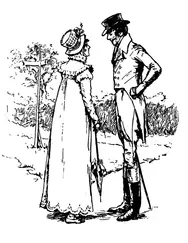 Is Robert Martin wearing a farmer's smock under his jacket?
Is Robert Martin wearing a farmer's smock under his jacket? However, the Gothic plot of The Romance of the Forest (abandoned abbey, a chest with a skeleton in it, a bloody dagger, secret passages) bears no resemblance to the prosaic doings of the little village of Highbury. Susan Allen Ford points out that Donwell Abbey, set in the English countryside under a sun bright, without being oppressive, bears no resemblance to a half-ruined abbey in a Gothic novel. The heroine Adeline is a beautiful, virtuous, and accomplished girl who shows more resolution and courage when faced with danger than Harriet did in her encounter with the gypsies.
But I want to discuss a minor character in Radcliffe's novel named Annette... a very minor character...
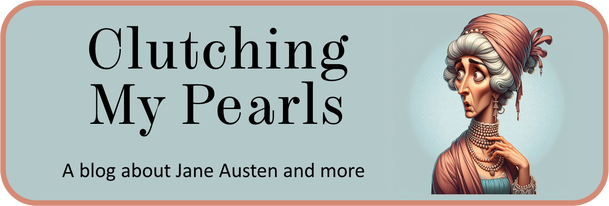
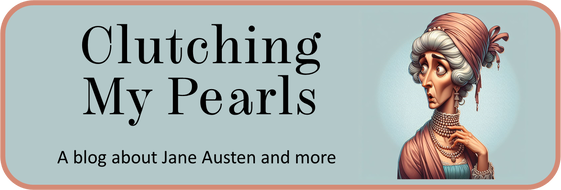
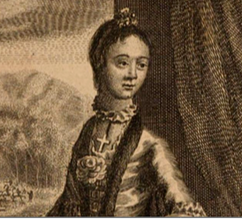
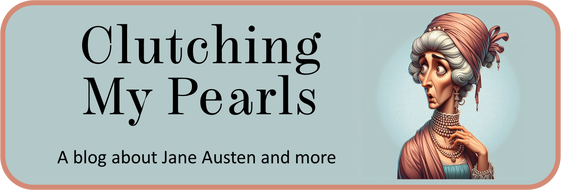
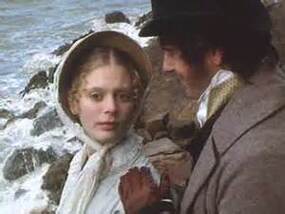
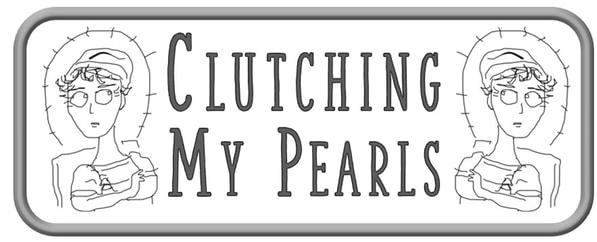
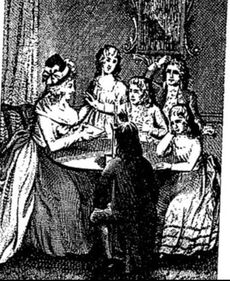
 RSS Feed
RSS Feed